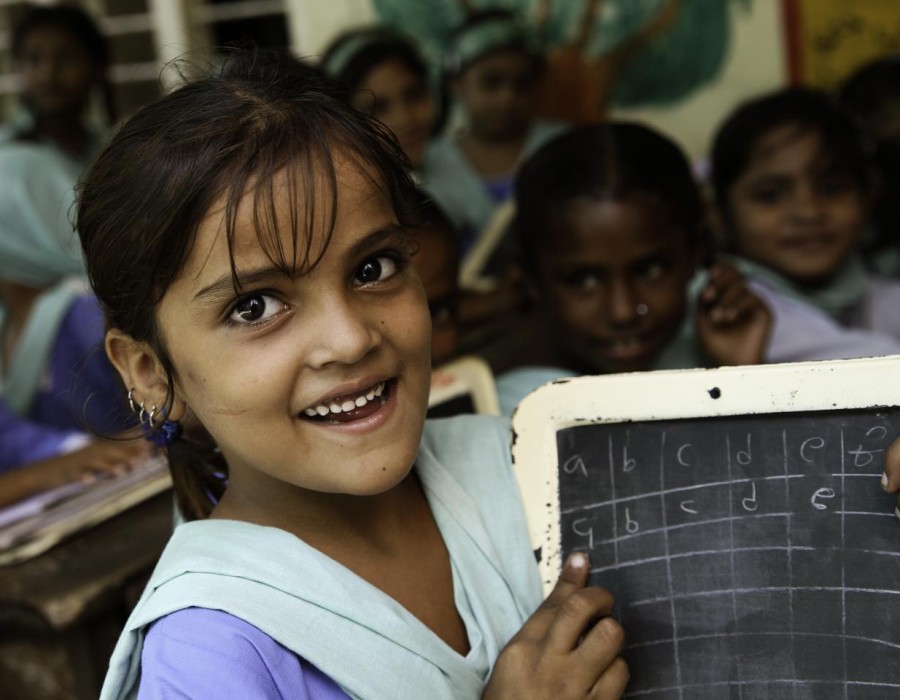India is a country of rich cultural heritage and diverse traditions. Despite its rich history and cultural wealth, Indian women continue to face numerous challenges in the 21st century. From gender-based violence and discrimination in the workplace, to limited access to education and healthcare, Indian women face a range of hurdles in their daily lives. In this article, we will examine some of the most pressing challenges faced by women in India and the impact they have on their lives and well-being.
Limited Access to Education and Healthcare
Limited access to education and healthcare is another challenge faced by women in India. According to the United Nations Development Programme, the literacy rate among women in India is just 66%, compared to 82% among men. This disparity has significant implications for women's ability to participate in society, as education is a key factor in determining economic and social opportunities.
Similarly, women in India face significant barriers in accessing quality healthcare. This includes a lack of access to maternal healthcare, limited access to family planning services, and inadequate healthcare infrastructure in rural areas. These barriers have significant implications for women's health and well-being, as well as their ability to participate in society and contribute to the development of their communities.
Gender-Based Violence
Gender-based violence is a serious problem in India. According to the National Crime Records Bureau (NCRB), there were over 330,000 reported cases of violence against women in India in 2020, including cases of rape, domestic violence, and dowry-related deaths. These figures are likely to be underreported, as many women are reluctant to report incidents of violence due to social stigma and a lack of trust in the legal system.
In addition to the physical and emotional harm caused by gender-based violence, it also has a significant impact on women's ability to participate in society. For example, women who have experienced violence may be unable to attend school or work, limiting their economic opportunities and hindering their ability to contribute to the development of their communities.
Discrimination in the Workplace
Discrimination in the workplace is another major challenge faced by women in India. Despite significant progress in recent years, women in India continue to face significant obstacles in accessing equal opportunities in the workplace. This includes unequal pay for equal work, limited access to senior positions, and sexual harassment in the workplace.
According to a study by the International Labour Organization, the gender pay gap in India stands at 27%, with women earning only 73% of what men earn for the same work. This disparity has significant implications for women's financial stability and independence, as well as their ability to provide for themselves and their families.
Conclusion
The challenges faced by women in India are numerous and complex. From gender-based violence and discrimination in the workplace, to limited access to education and healthcare, women in India face a range of hurdles in their daily lives. Addressing these challenges will require a sustained effort from government, civil society, and the private sector, as well as a commitment to advancing gender equality and empowering women to participate fully in society.





Comments